ARTS AND CULTURE INFORMATION GATEWAY
Immerse yourself in the colorful world of art and culture! From traditional heritage to contemporary works, discover uniqueness that reflects the nation's identity and identity
PEK NGA
Picture
1
Video
Available
Today's Visitor
5
Number of Visitors
1374
Introduction and history
Pek Nga is a type of traditional pancake that is very popular among the people of Kedah, especially within the Malay community. It is quite similar to versions from other states such as Kelantan or Terengganu, but the Kedah version is typically simpler and emphasizes the flavors of coconut and coconut milk as the main ingredients. Pek Nga is cooked on a flat pan with a little oil or none at all, resulting in a slightly crispy exterior but soft interior.
Pek Nga has unique characteristics that reflect the culinary traditions of Kedah society. It is made from a mixture of wheat flour, coconut milk, and freshly grated coconut, giving it a rich and fragrant taste. Its texture is soft on the inside but slightly crispy on the outside due to being cooked on a flat pan with little or no oil. Pek Nga is usually served with anchovy sambal, fish curry, or sugar, making it a versatile dish suitable for breakfast or tea time. Its simplicity and the authentic taste of natural ingredients make Pek Nga a highly cherished traditional dish, embodying the uniqueness of Kedah cuisine.
Pek Nga is often served at certain events such as celebrations or traditional ceremonies and is typically eaten as a snack or dessert. This dish has a soft texture and a slightly sweet taste, making it a favorite choice among various layers of the community.
-
The basic ingredients of this dish include wheat flour, grated coconut, sugar, butter, salt, and sufficient water.
1. Mix all the ingredients and let the batter sit for 10 minutes to allow the grated coconut to blend well with the flour.
2. Heat a pan and lightly grease it with oil.
- (In some regions, a special grilling tool is used, and no oil is required).
3. Scoop one ladle of the batter and spread it evenly on the pan.
4. Flip it over once one side of the *Pek Nga* is golden and crispy.
5. Ensure both sides are cooked and crispy before removing it from the pan.
-
Reference Source
i. Bahan Bacaan
Kulliyyah of Languages and ManagementISBN: 978-967-2771-15-9
Location
State JKKN Contact Information
Encik Mohammad Salleh bin Mahmud
Cultural Officer
Jabatan Kebudayaan dan Kesenian Negara, Kedah
Kompleks JKKN Kedah
Lot PTD 400, Pumpong
05250 Alor Setar
KEDAH DARUL AMAN
011-10899646
Use the form below to contact the Informant/Figure/Editor/Researcher directly. We will respond to your inquiry as soon as possible!

 No 26, Jalan Ros, Felda Bukit Batu, 81020, Kulai, Johor
No 26, Jalan Ros, Felda Bukit Batu, 81020, Kulai, Johor






